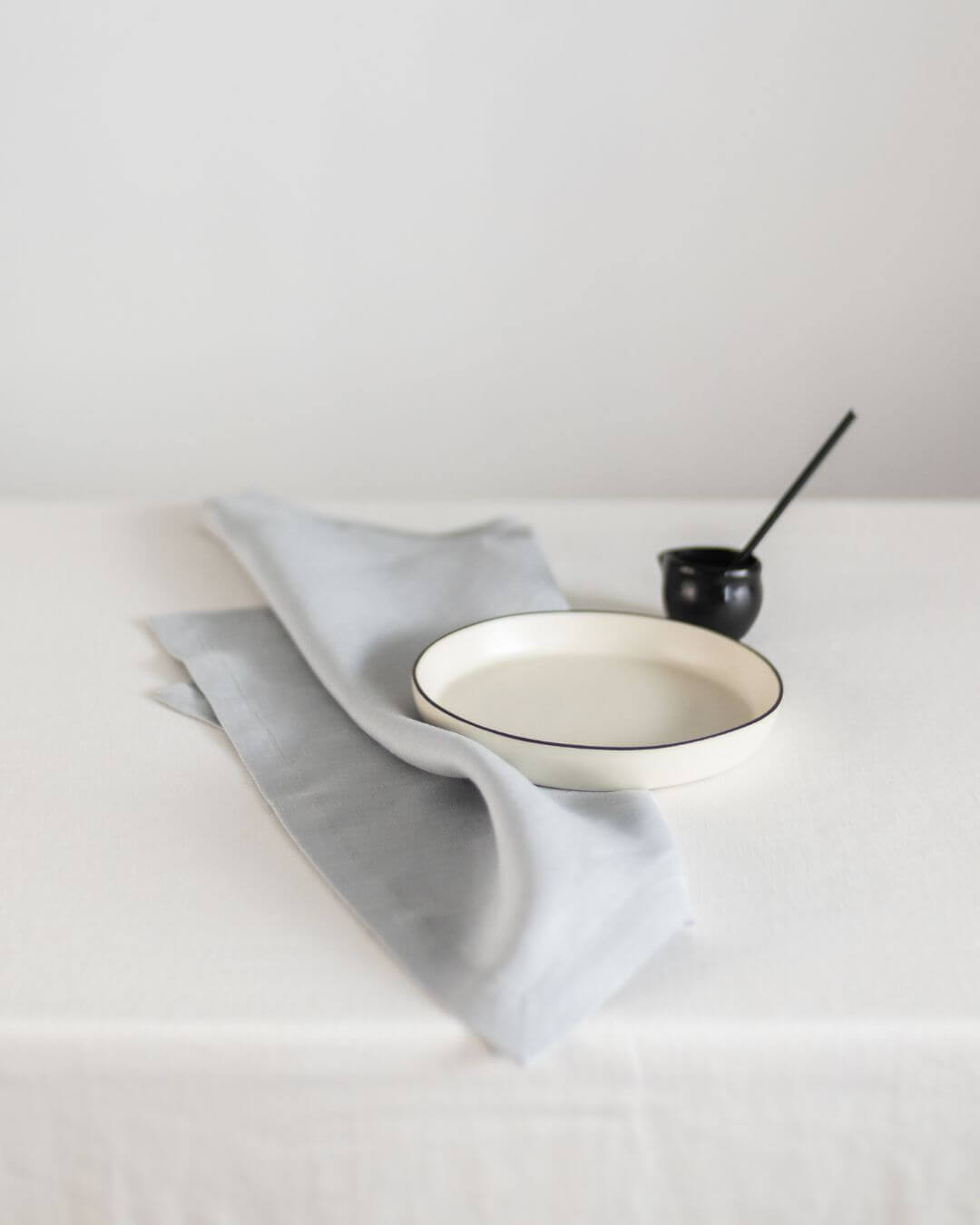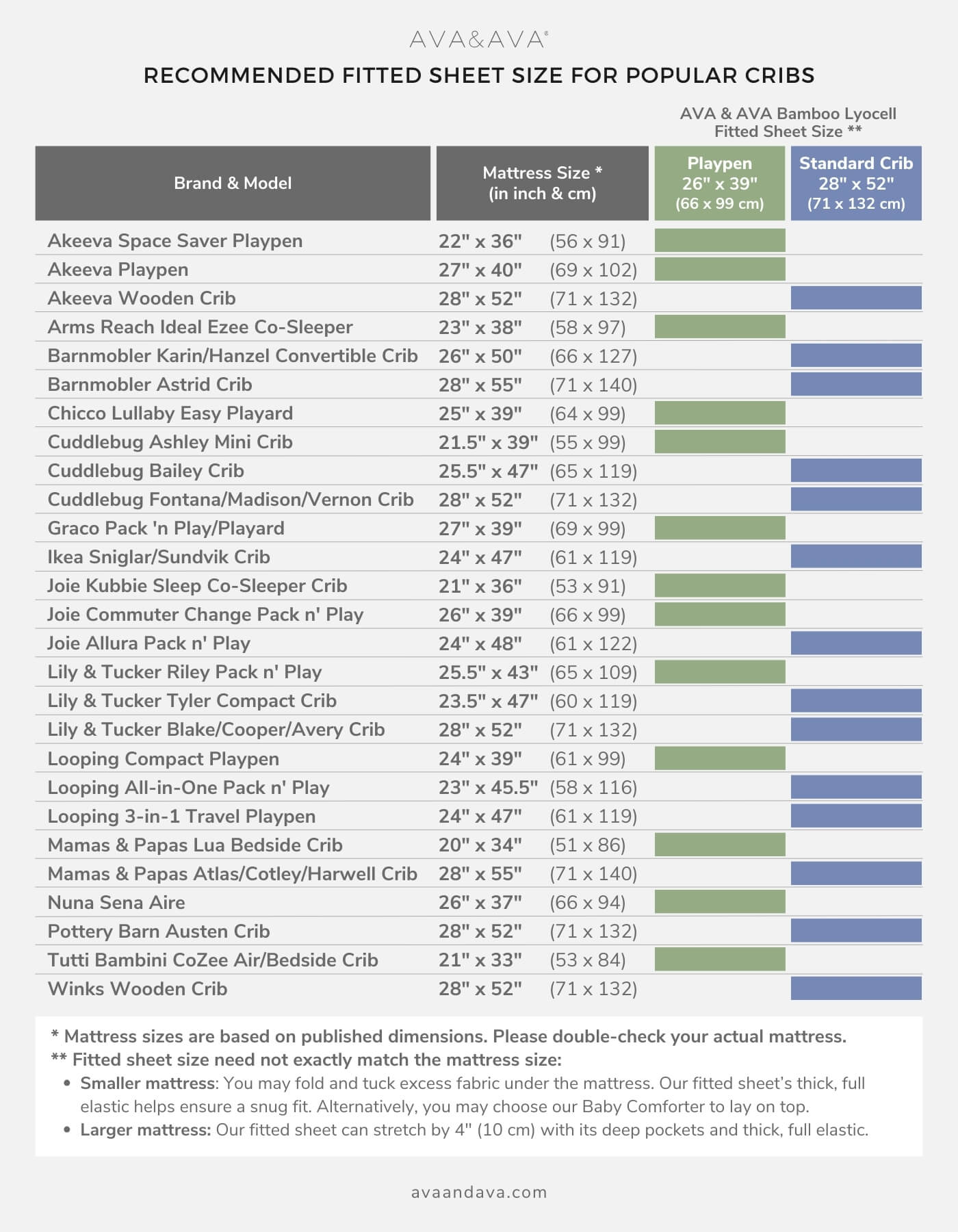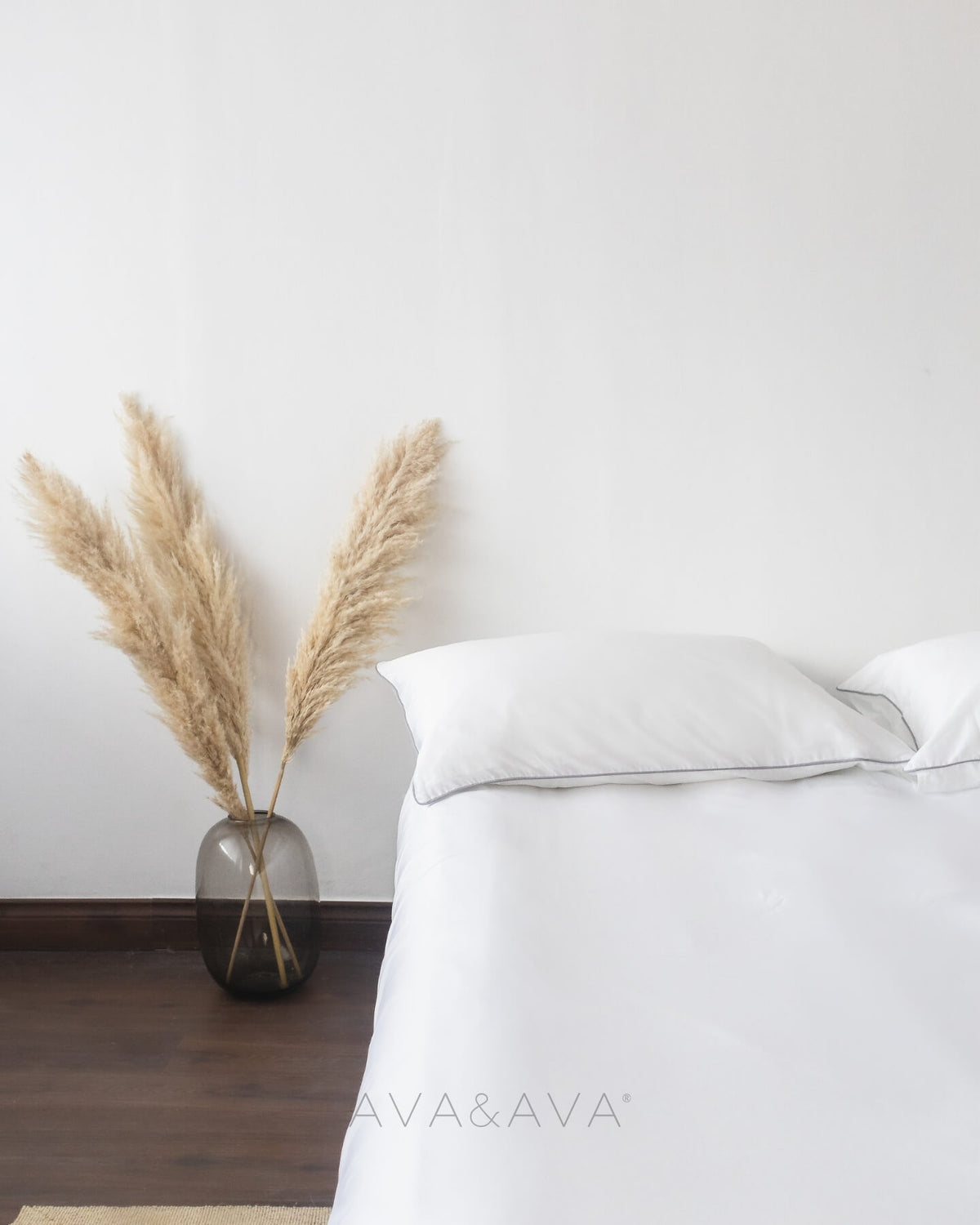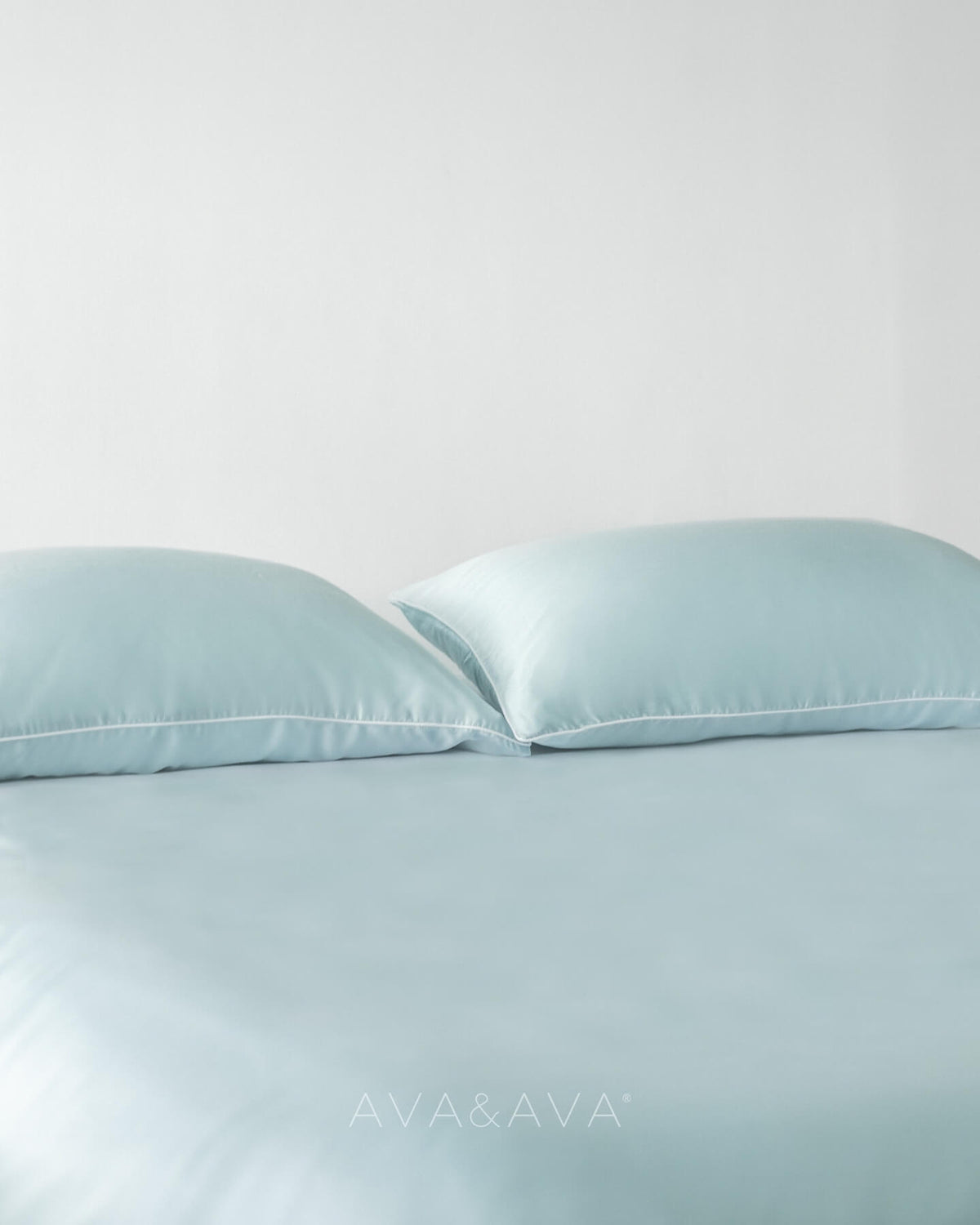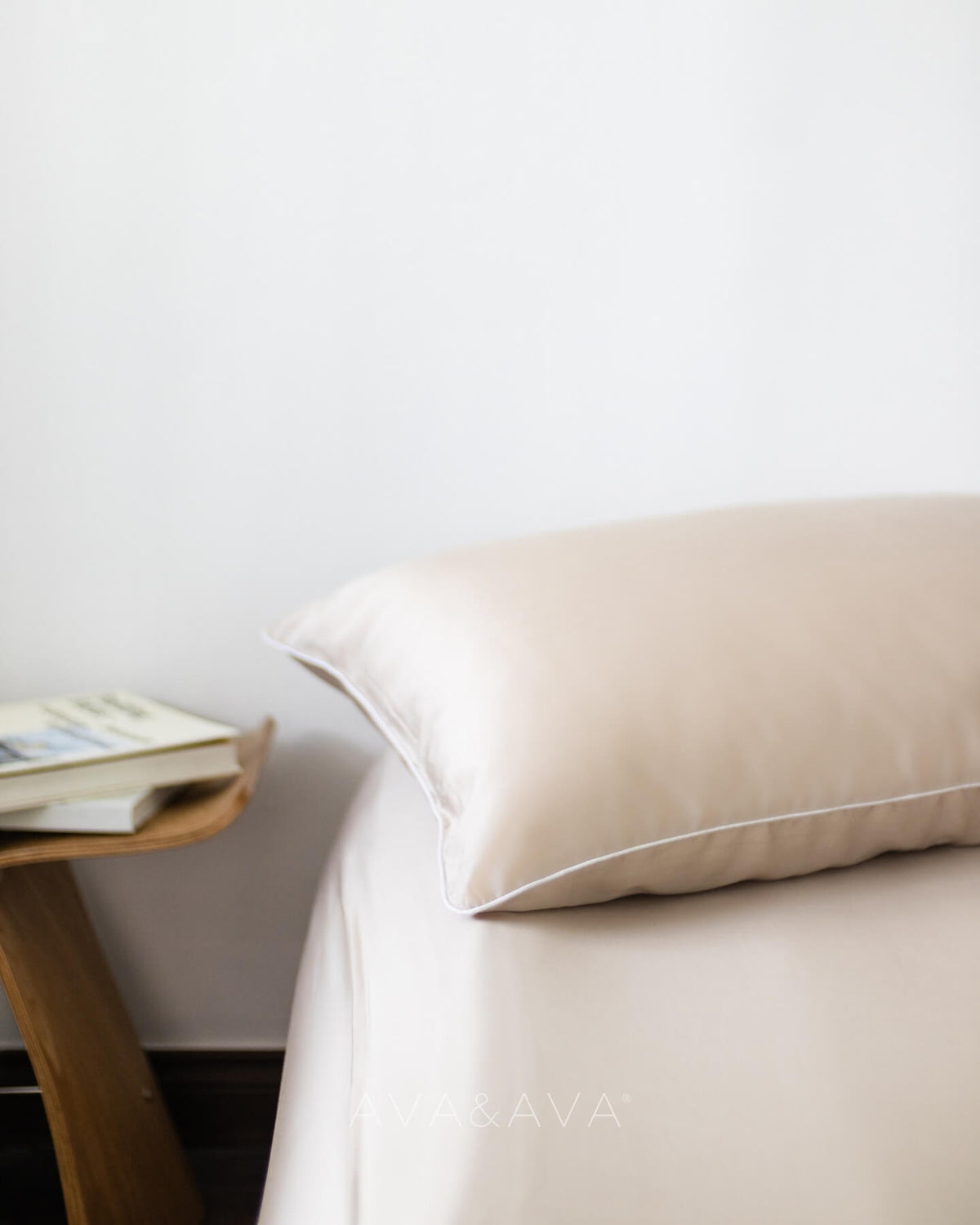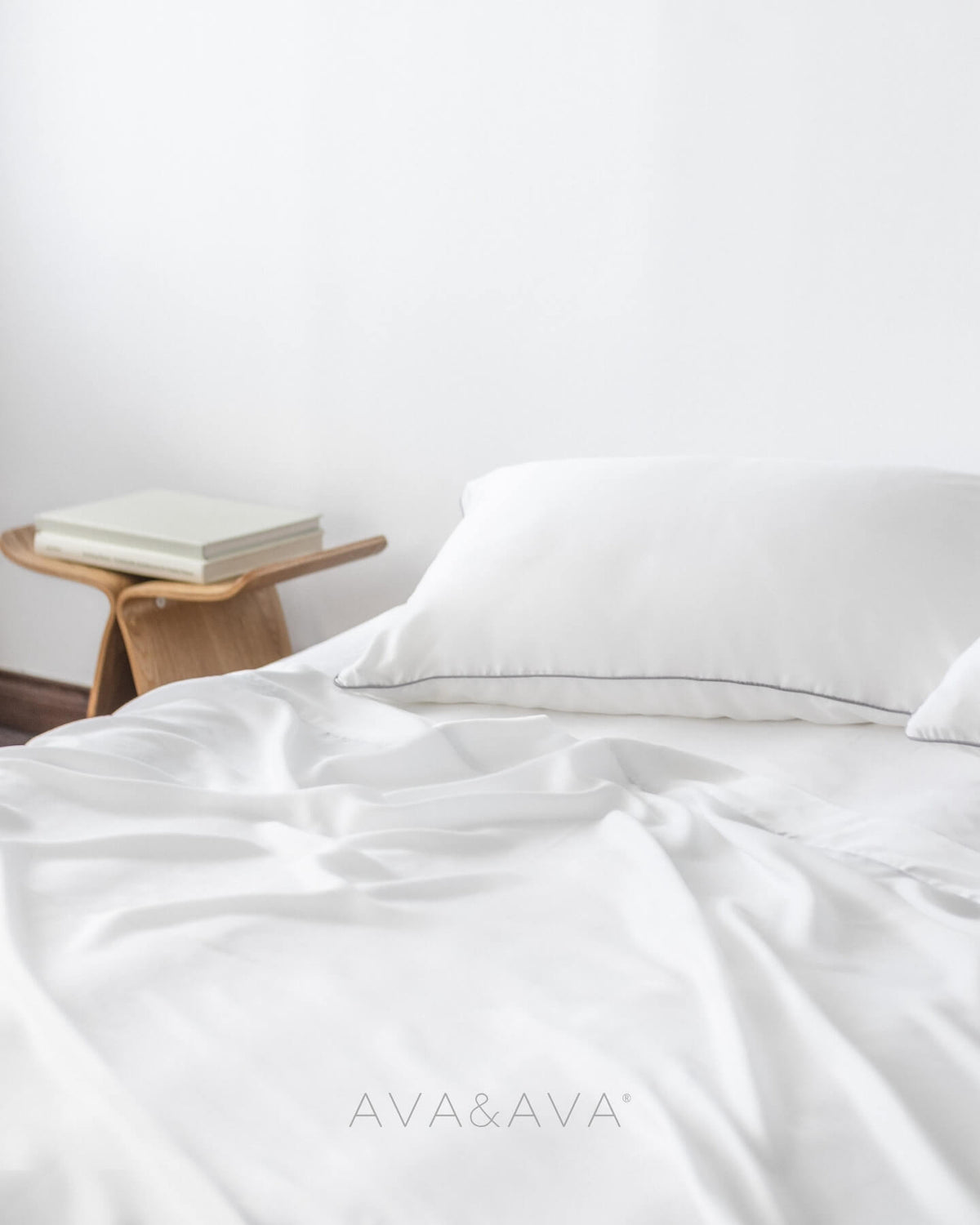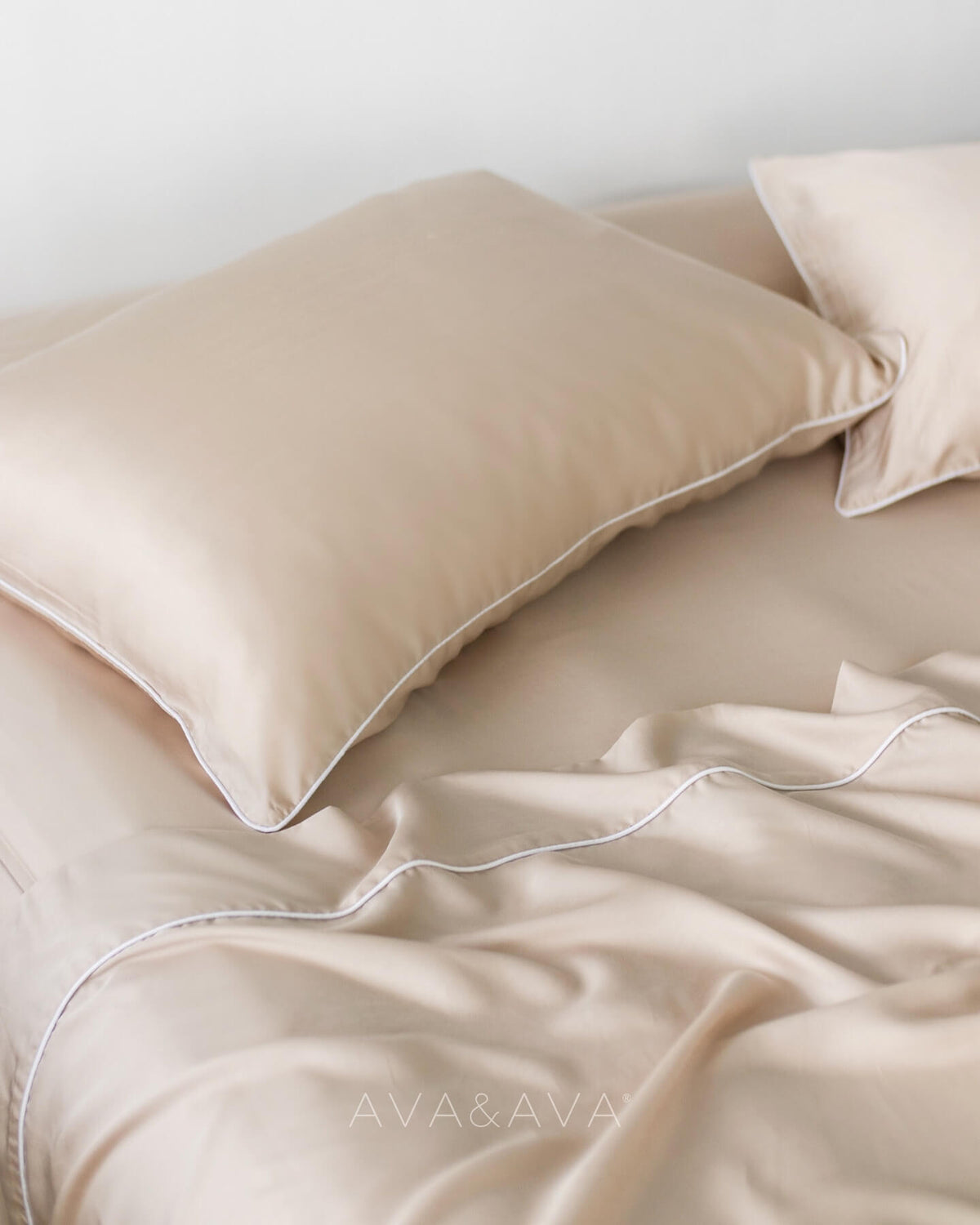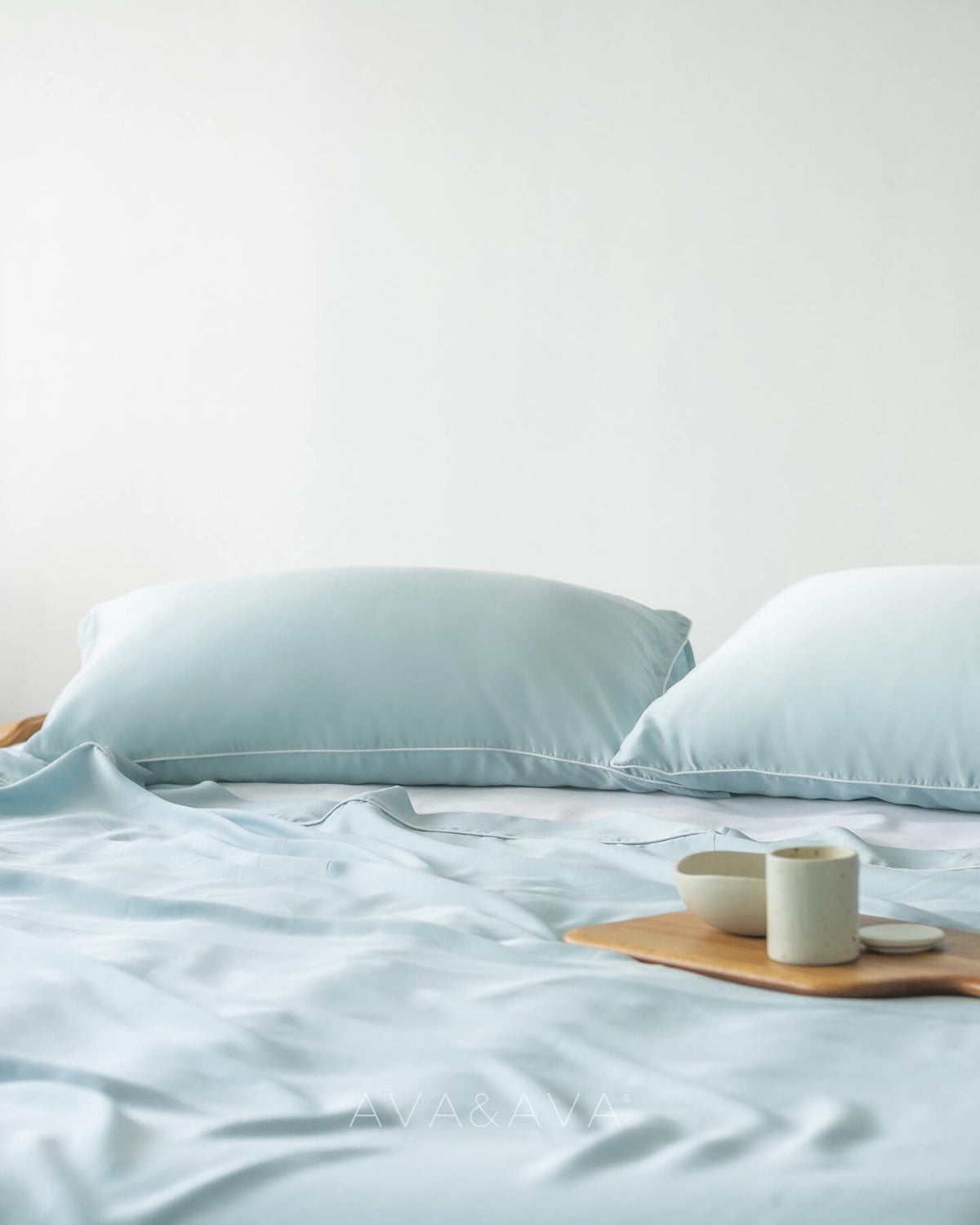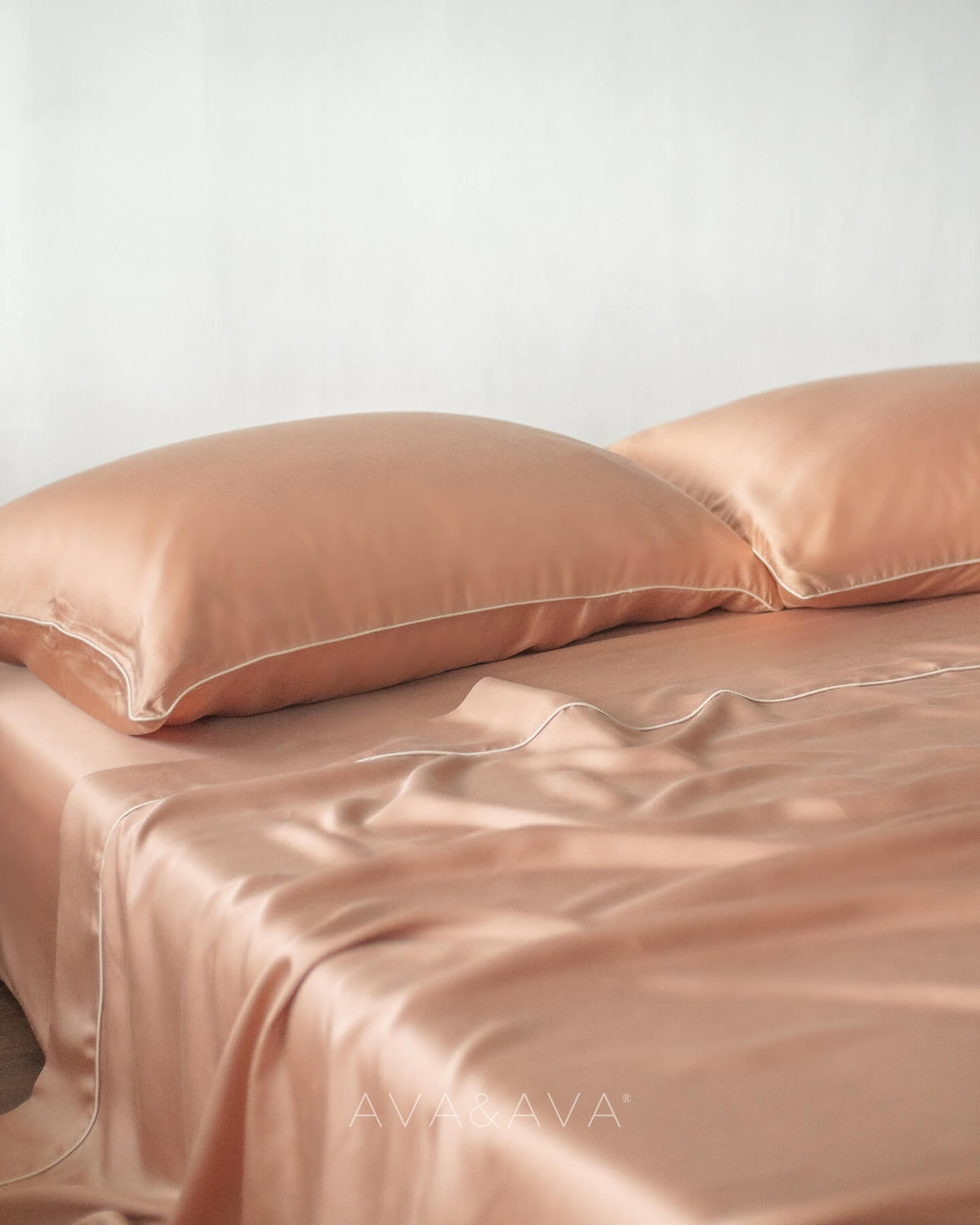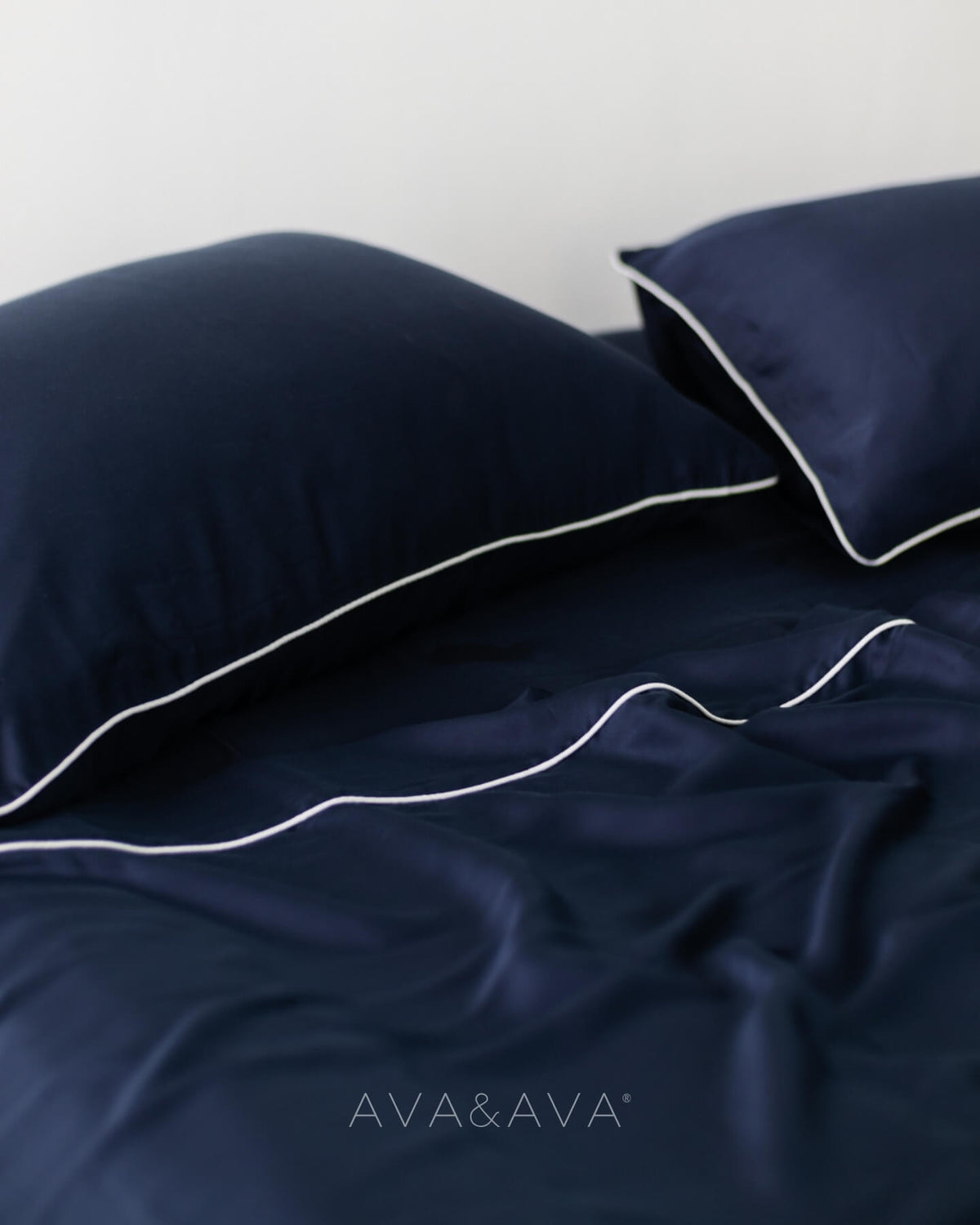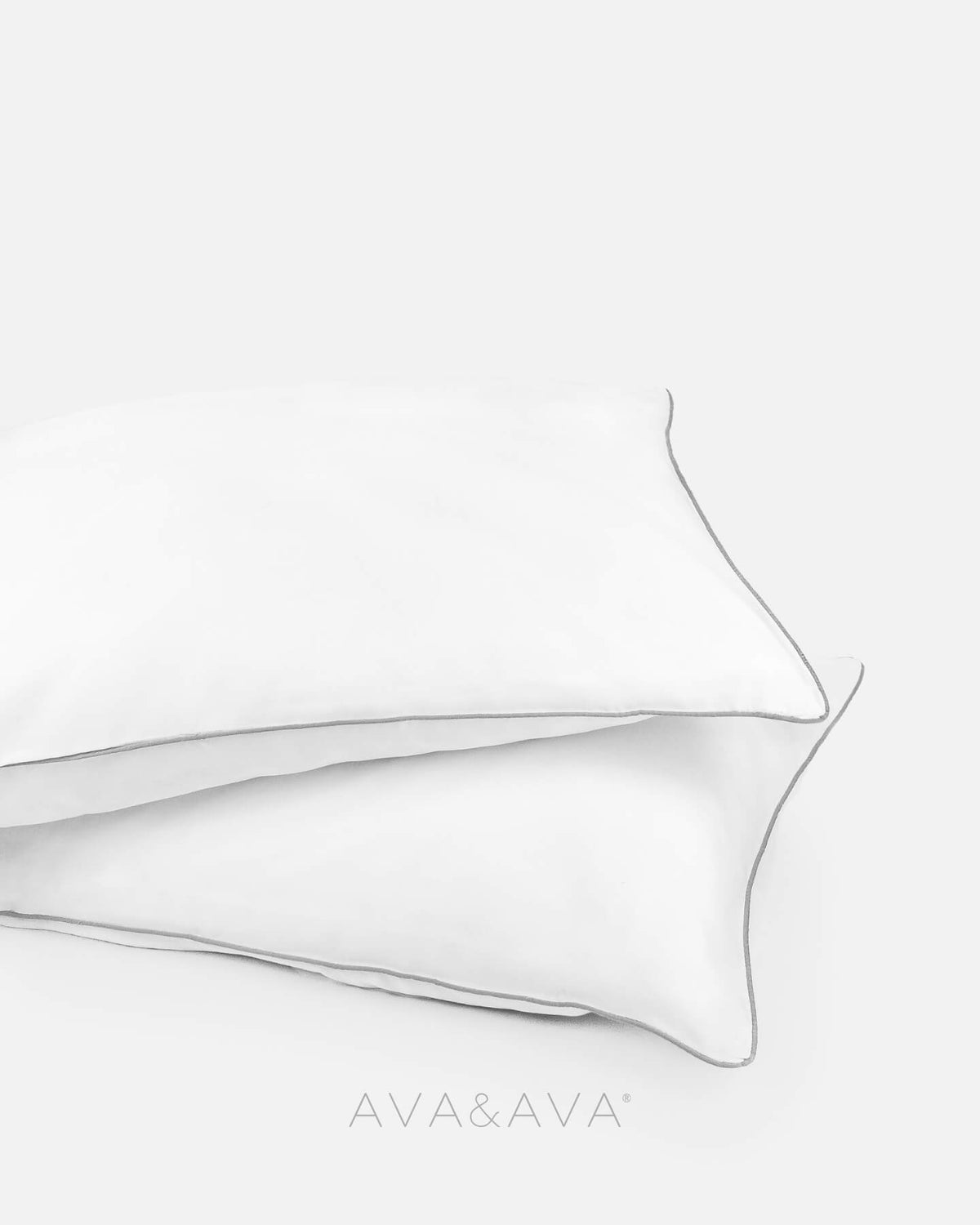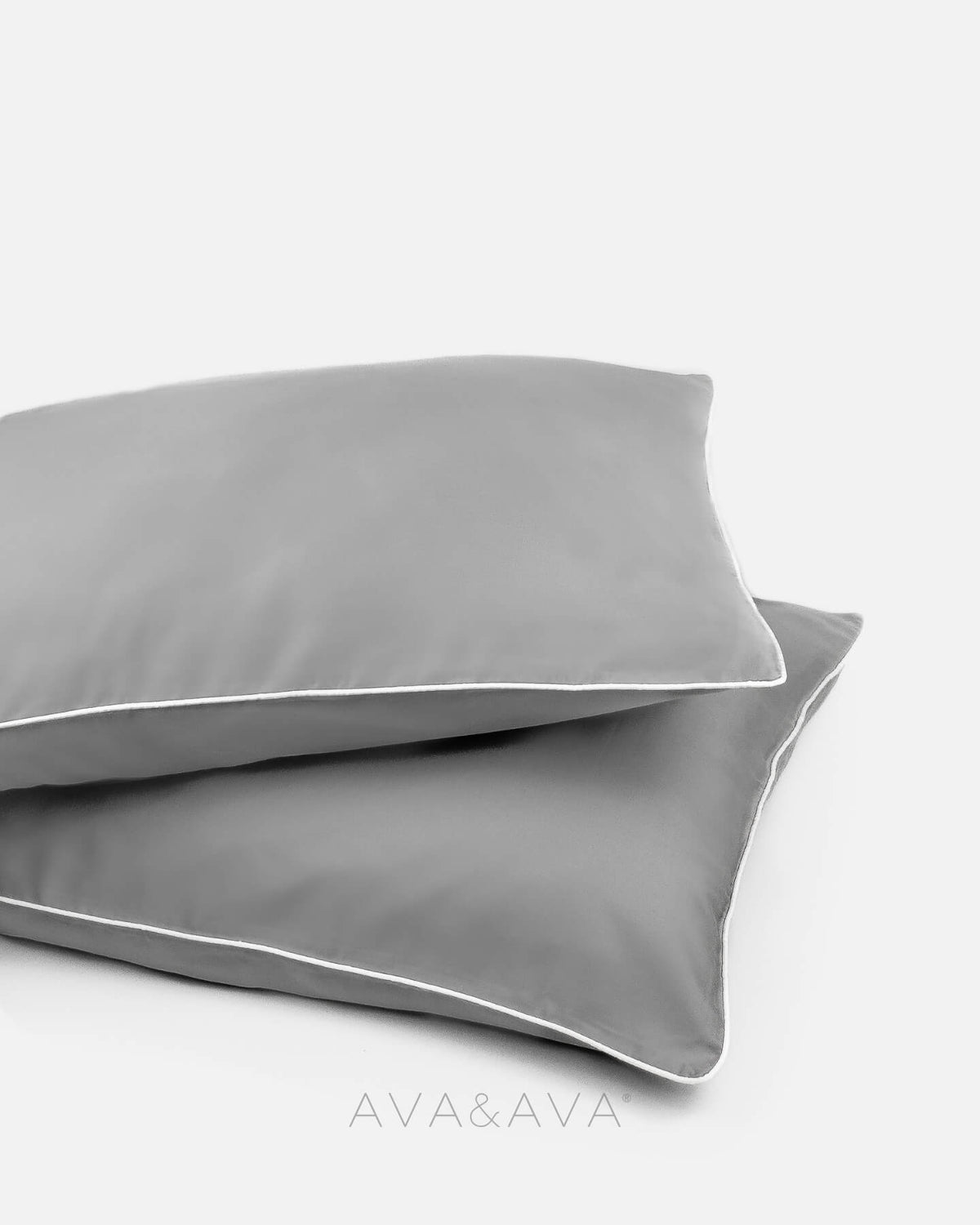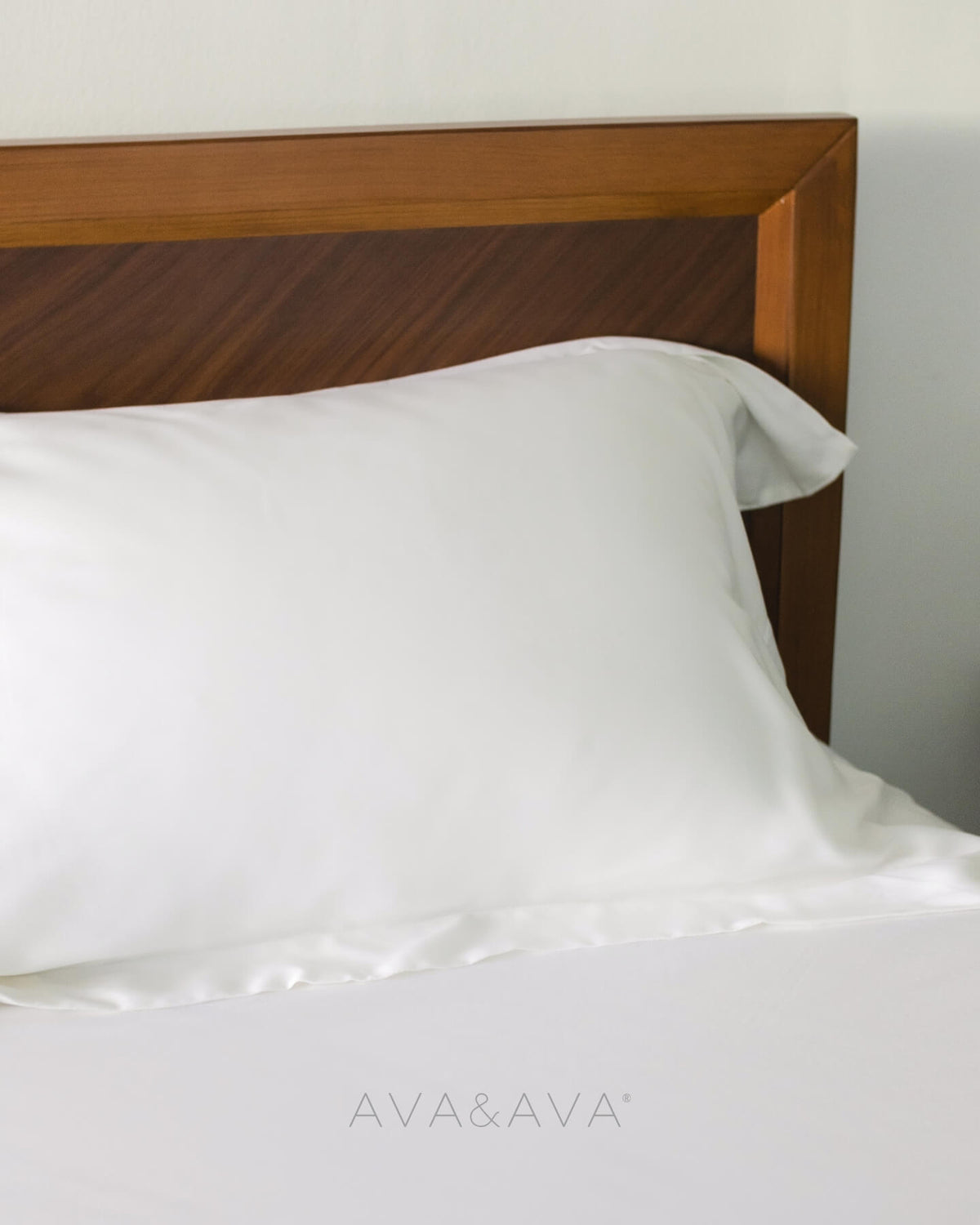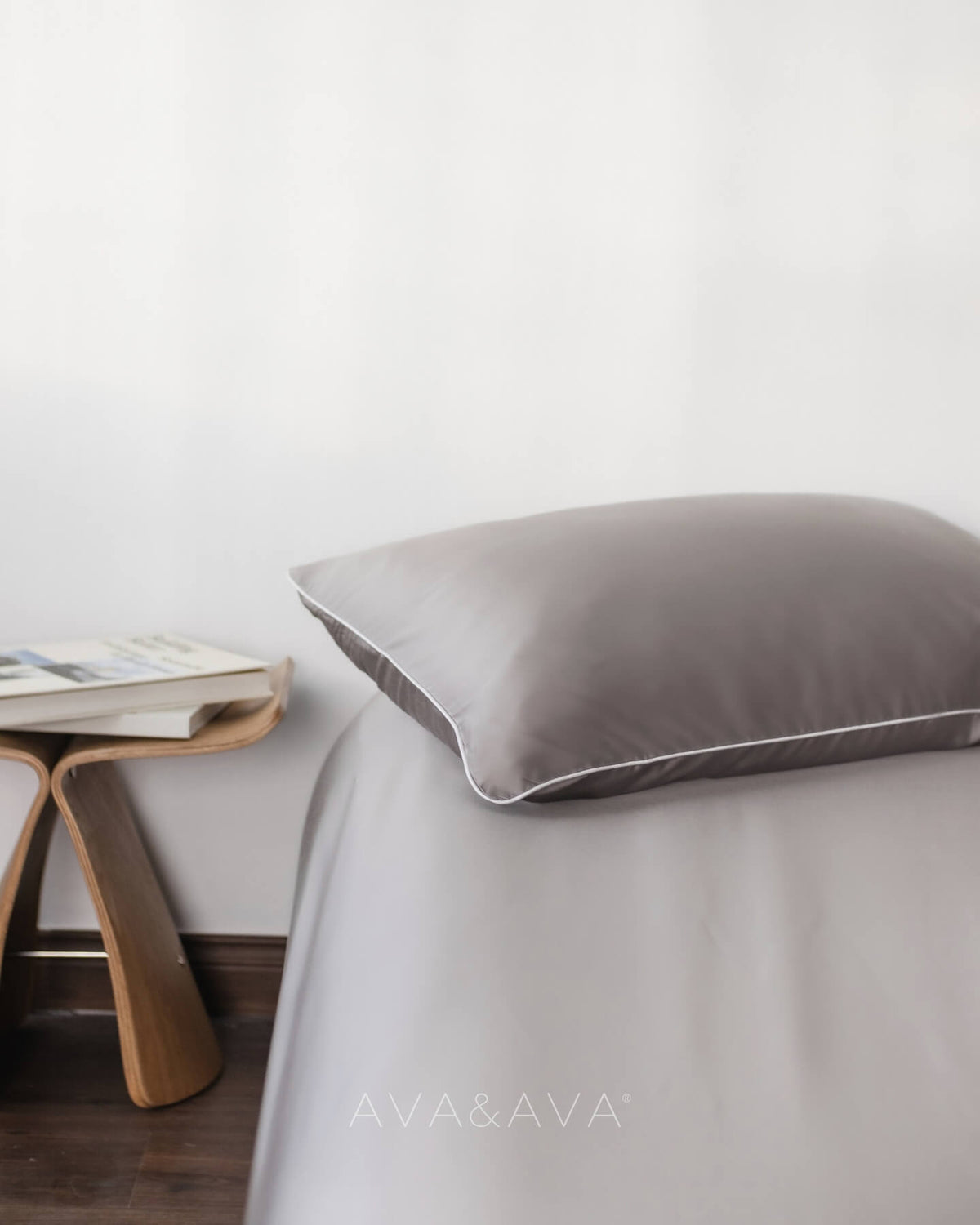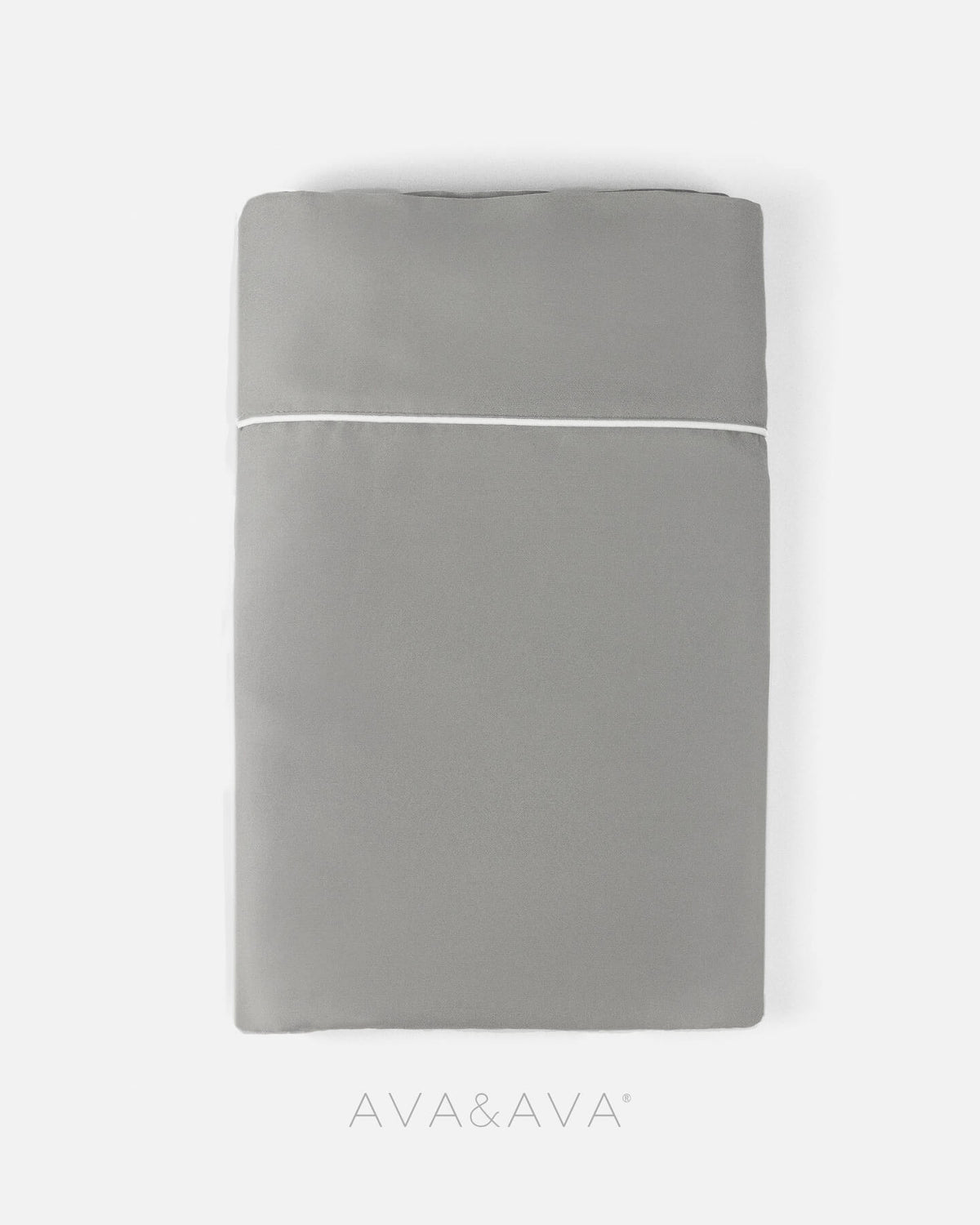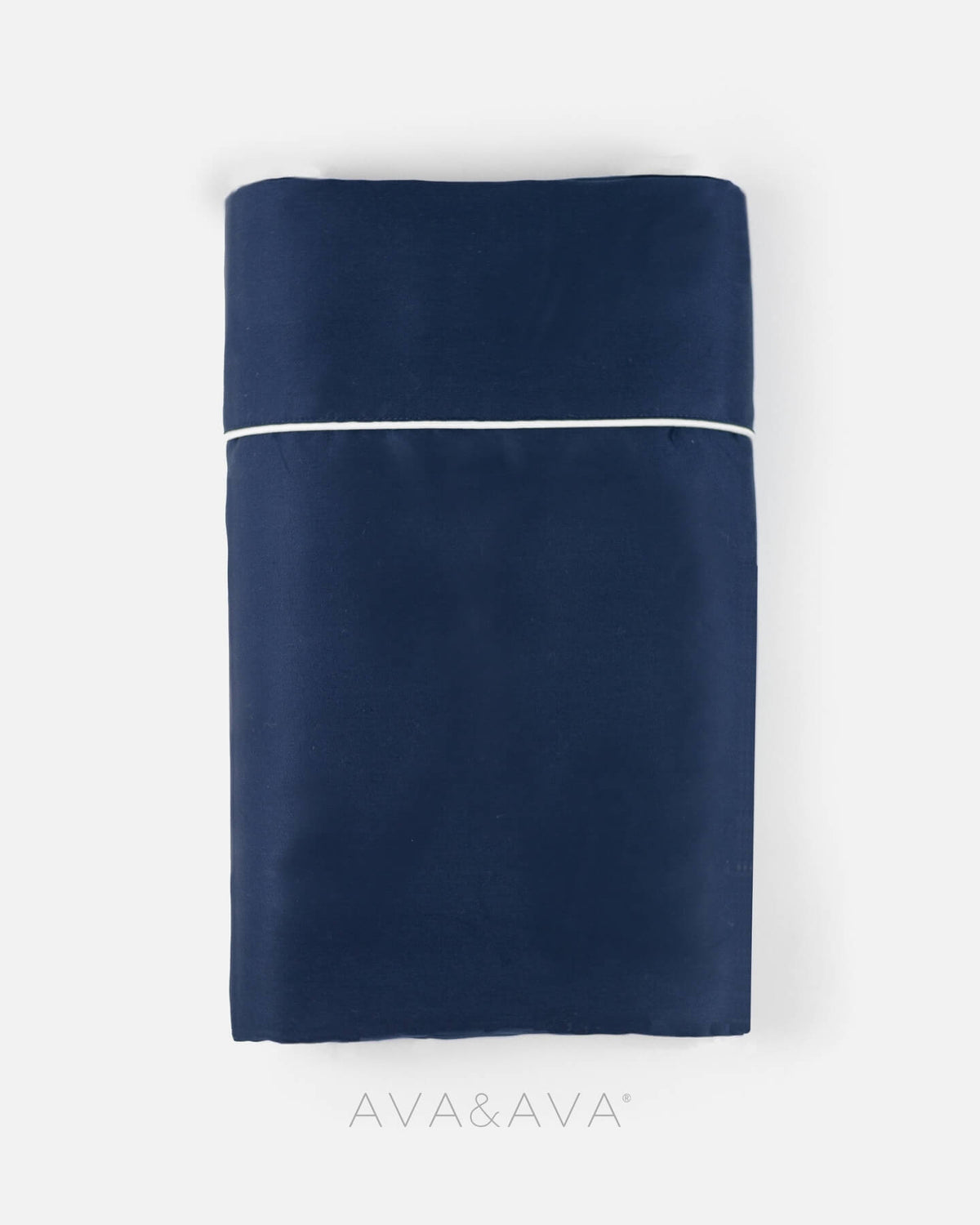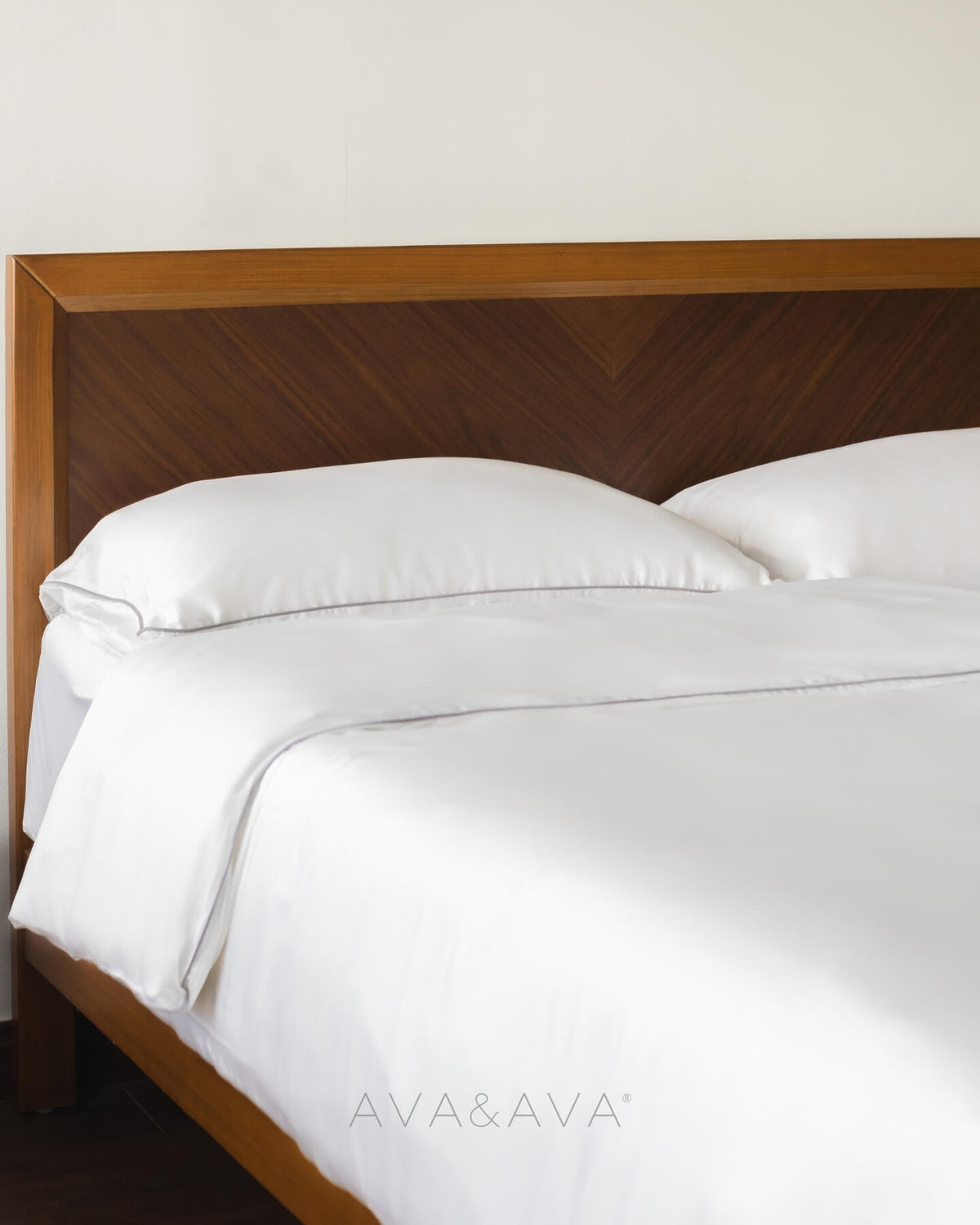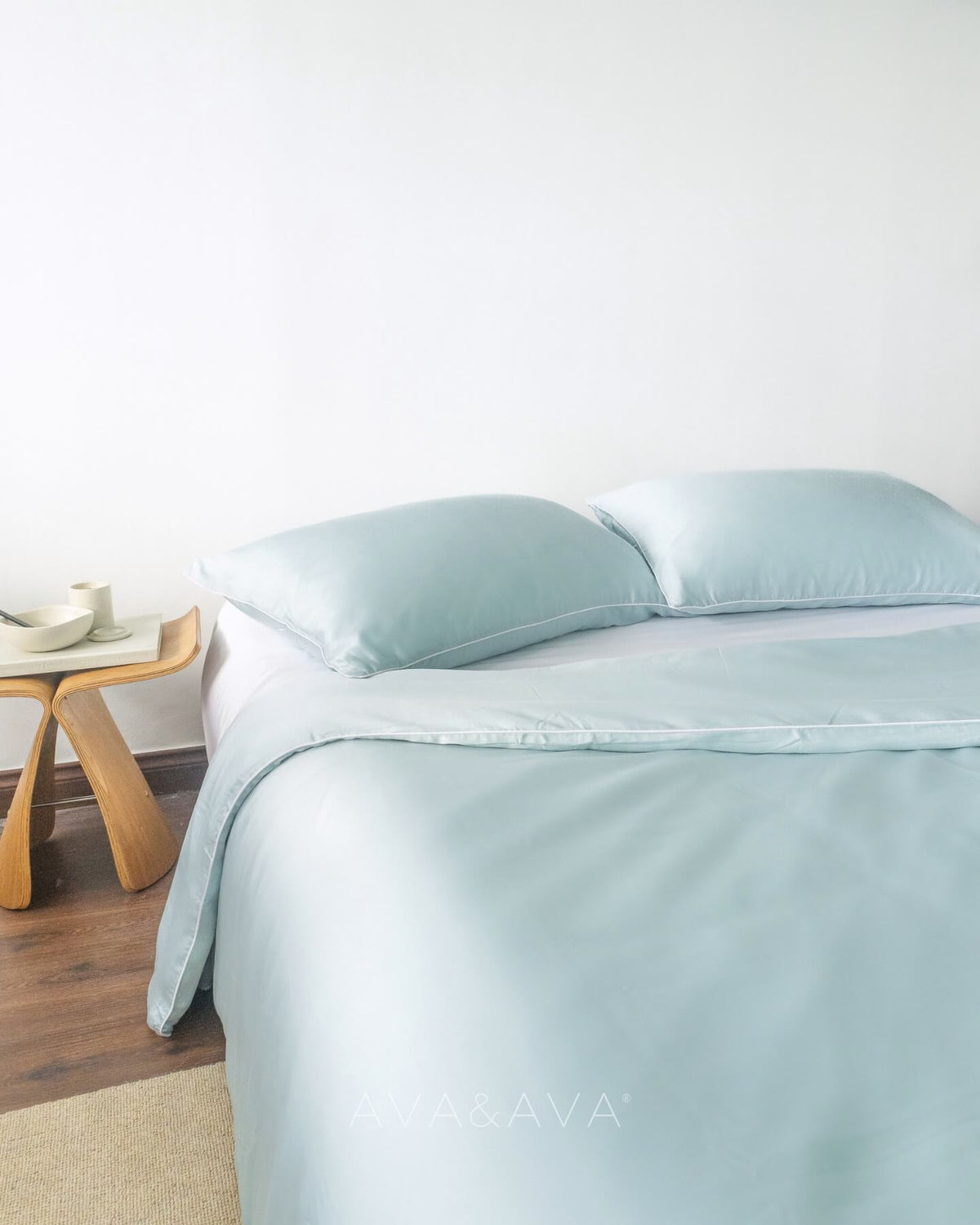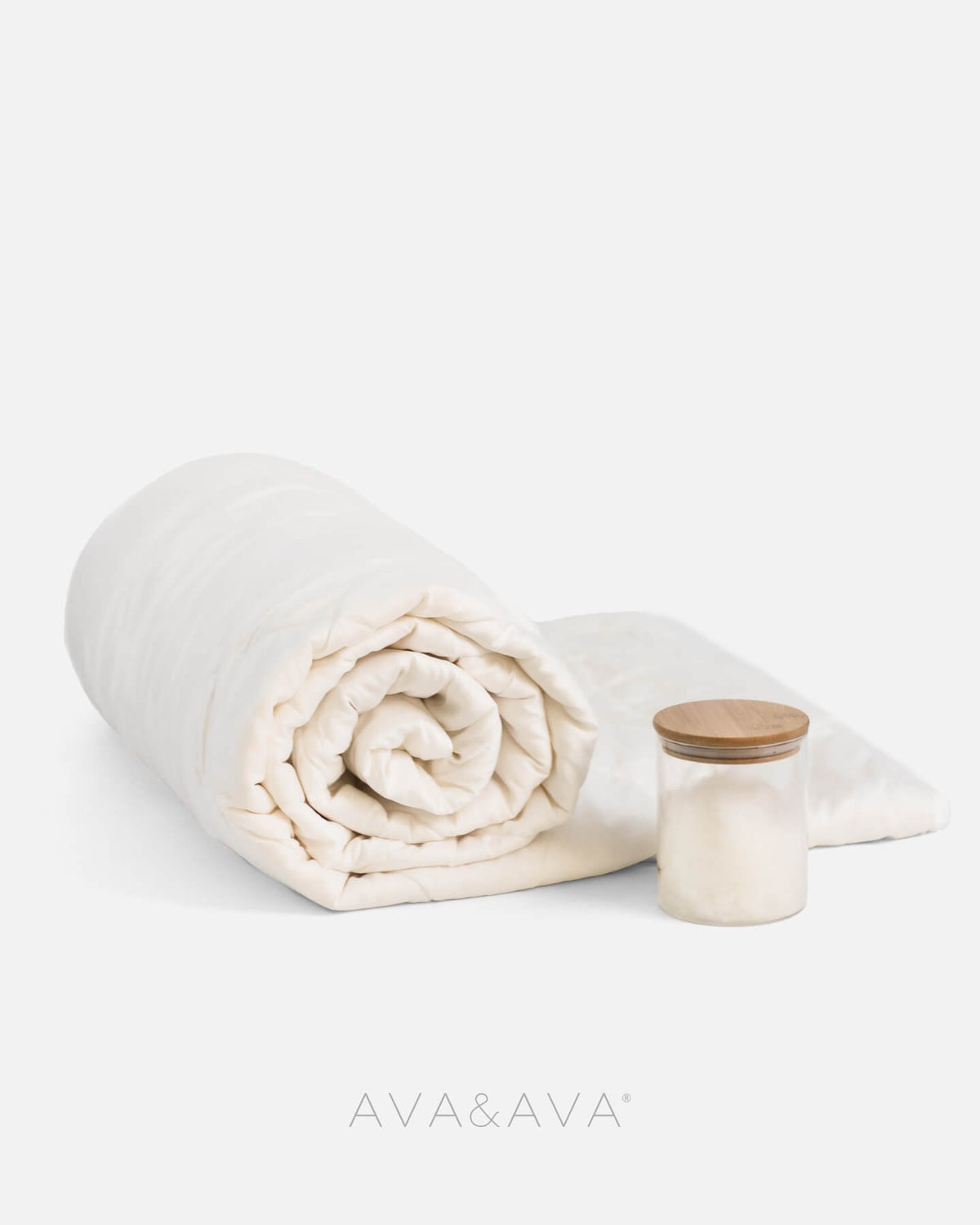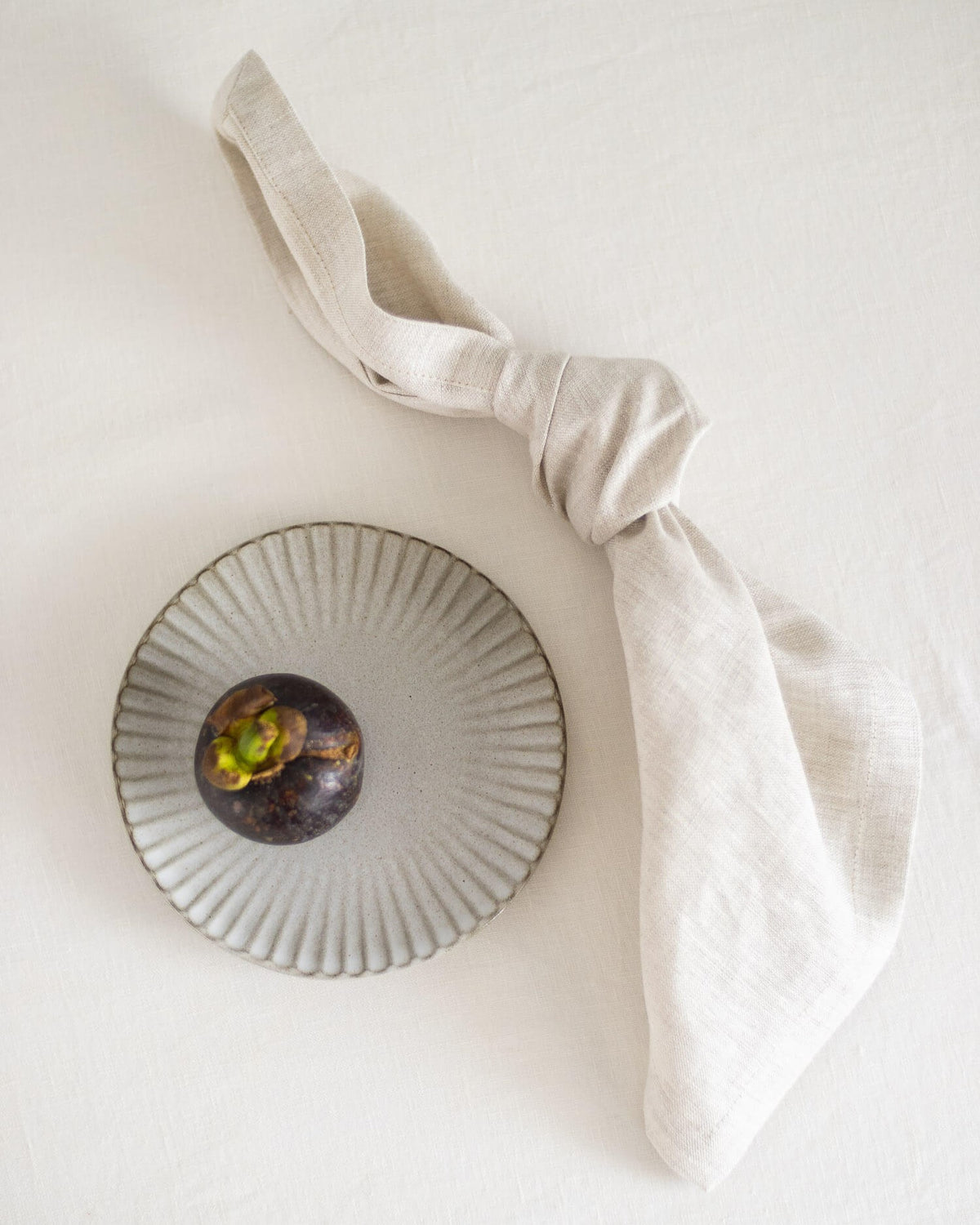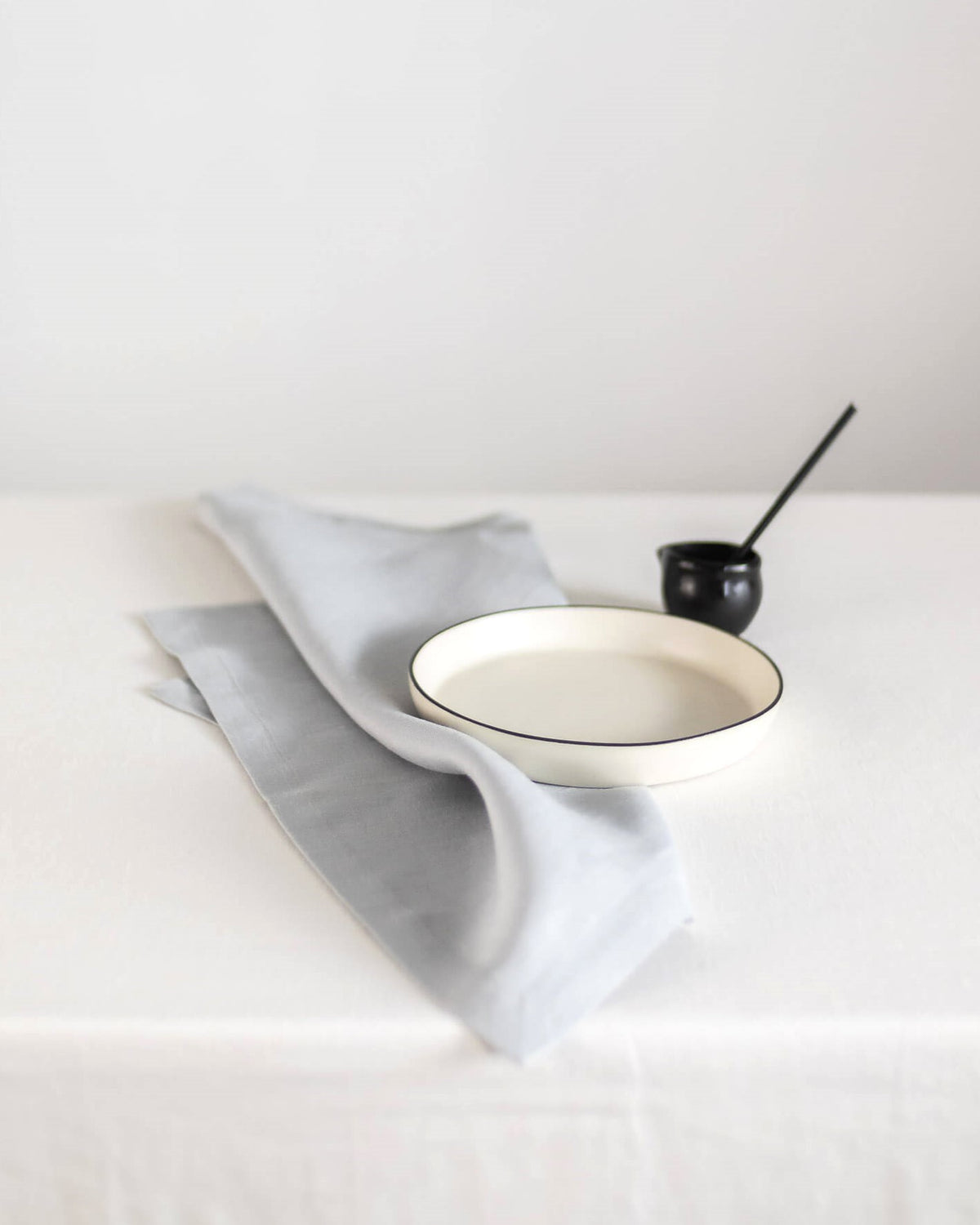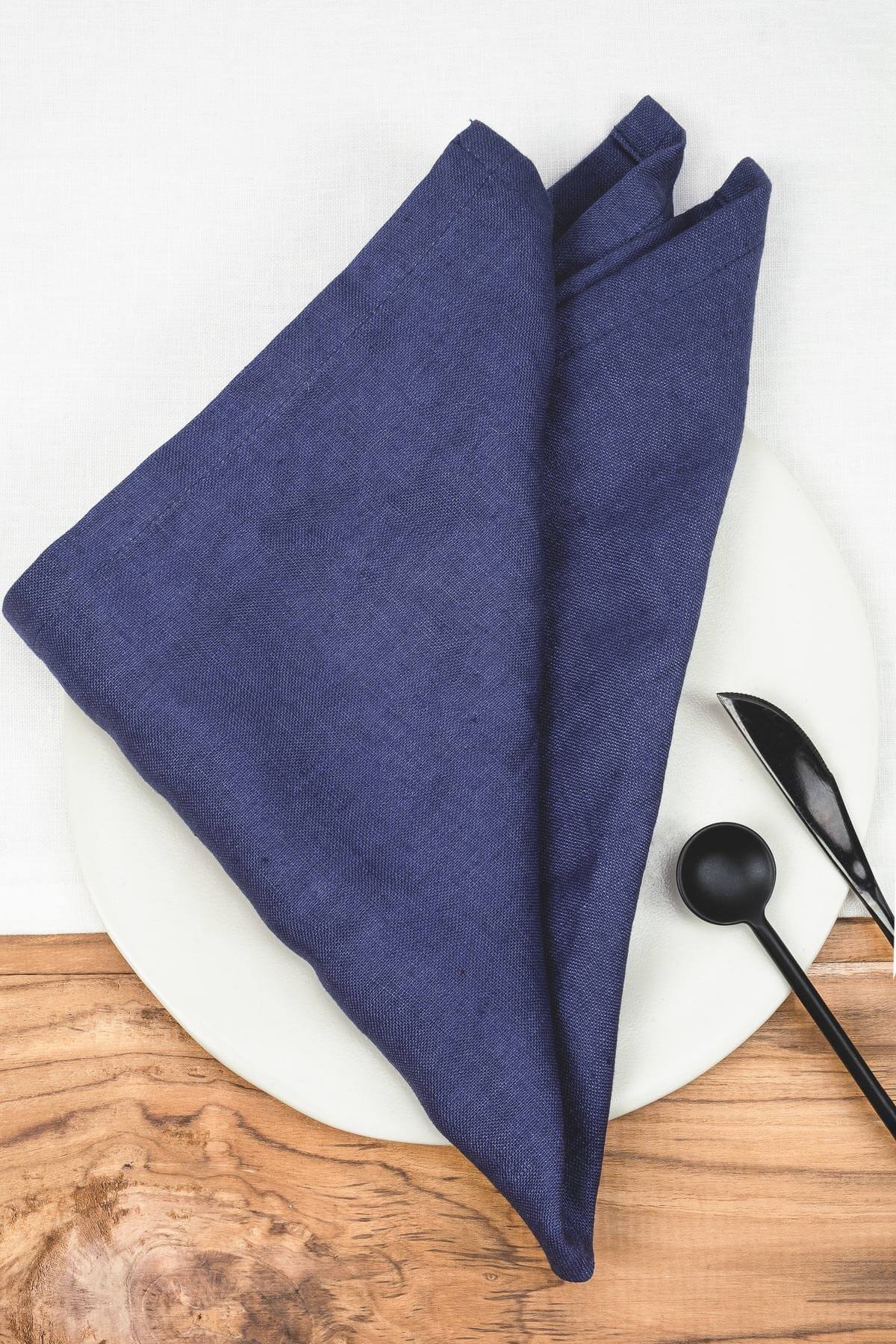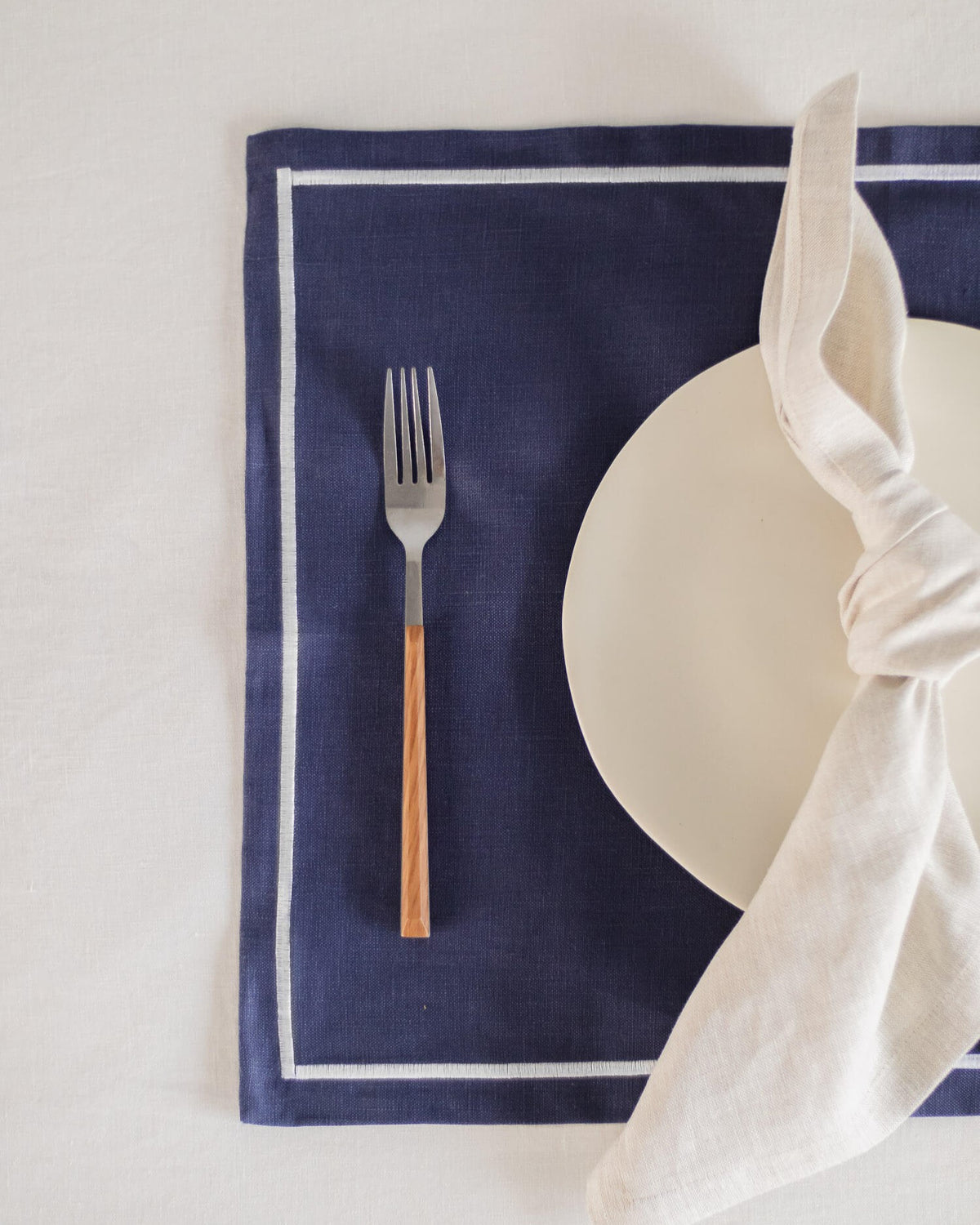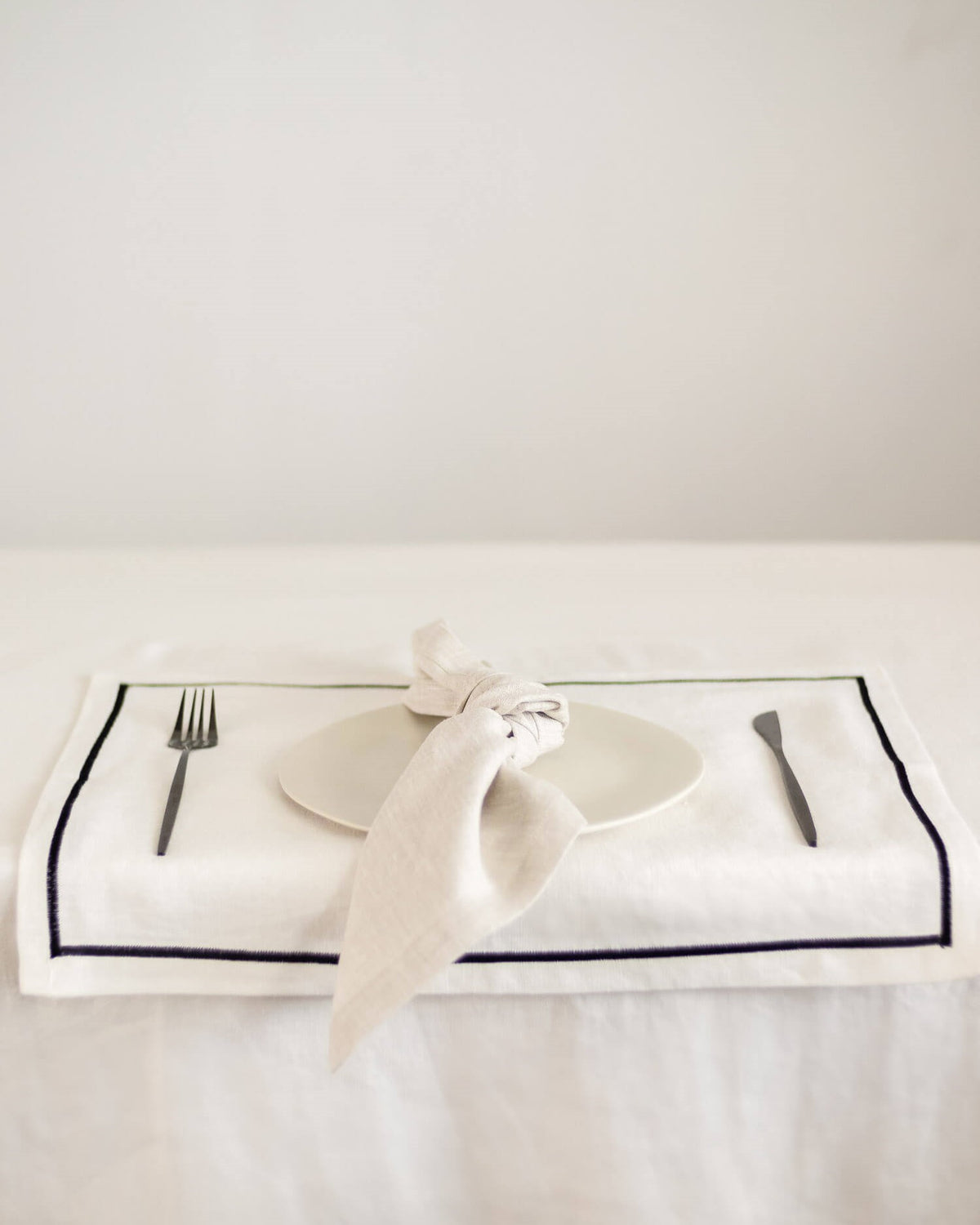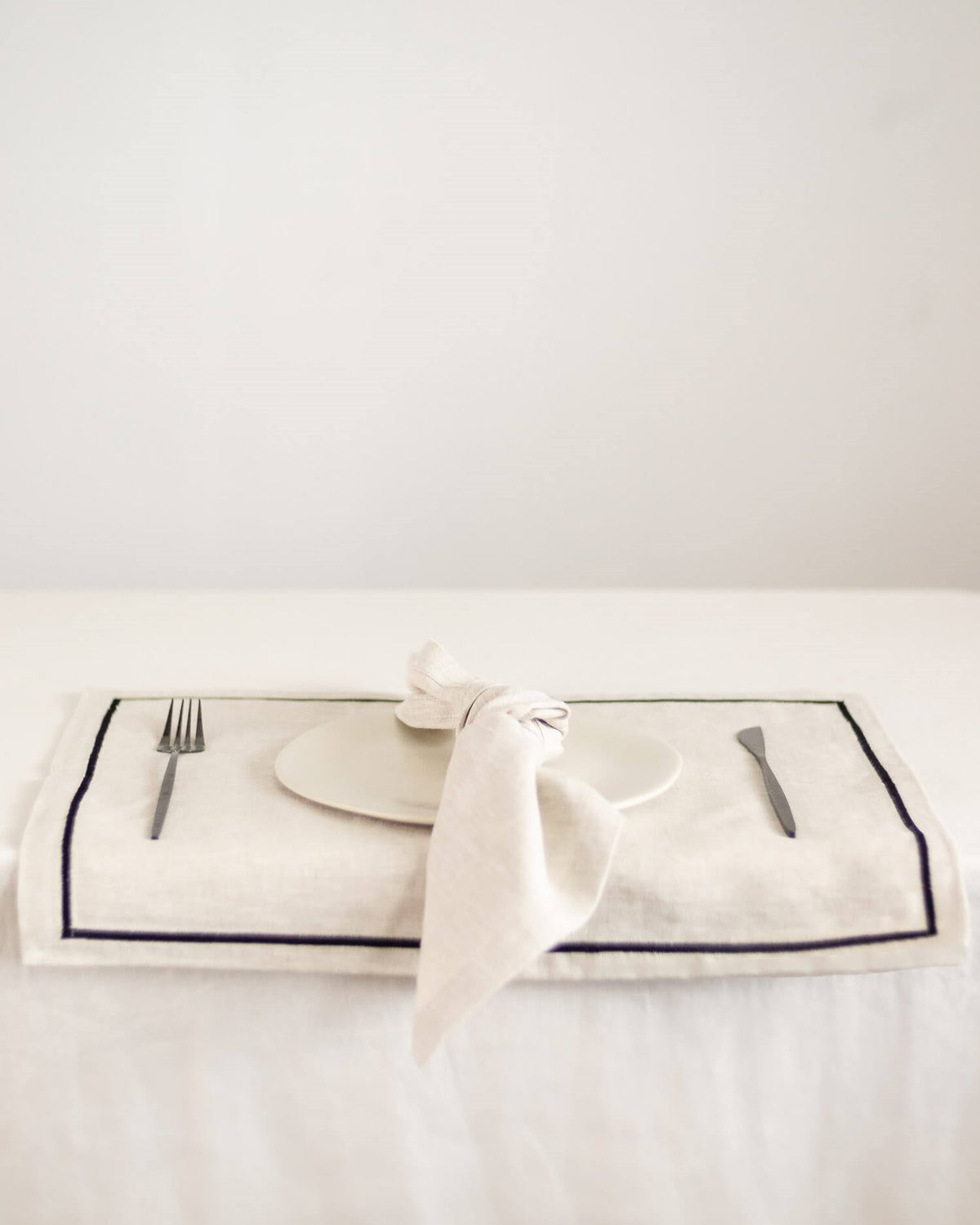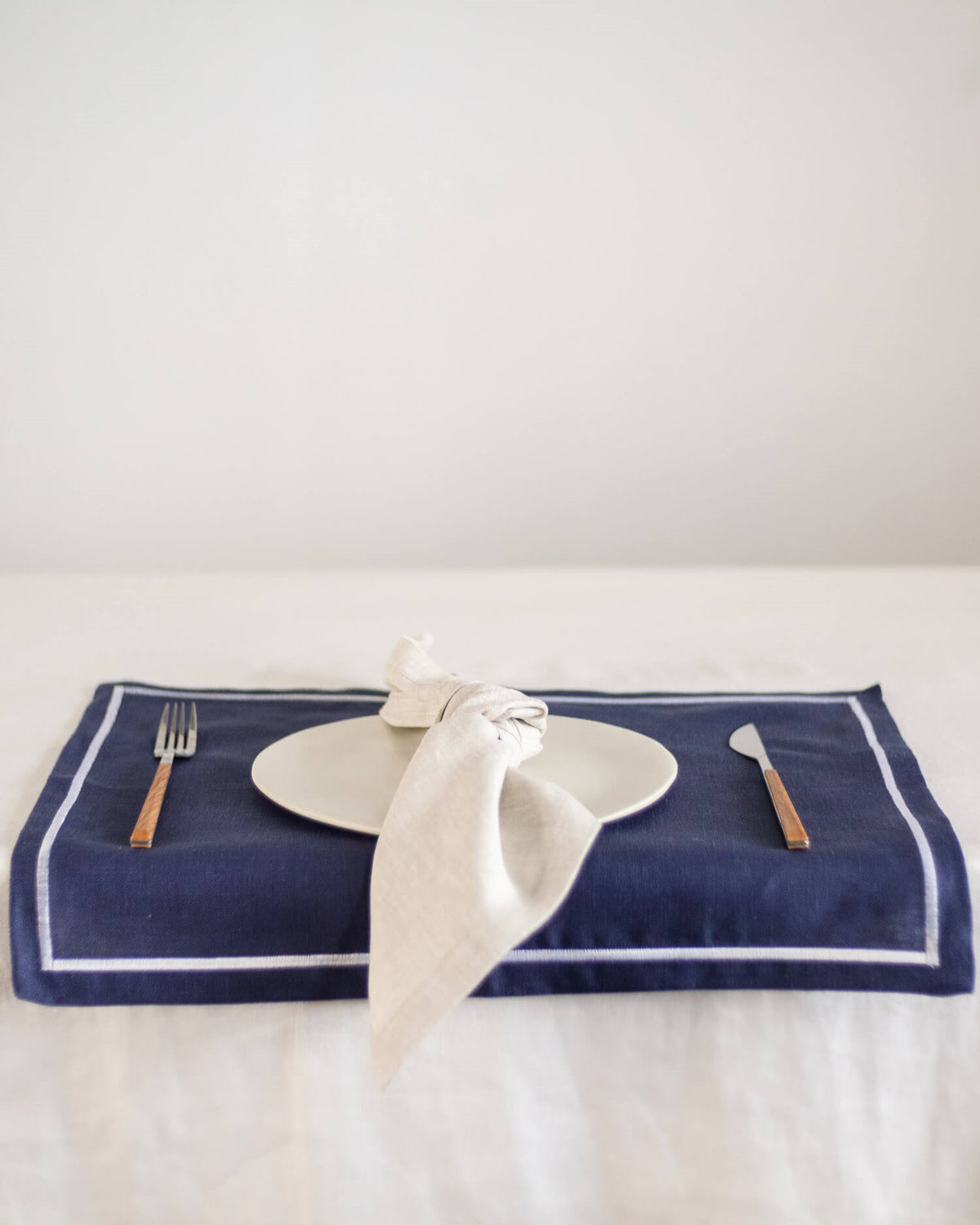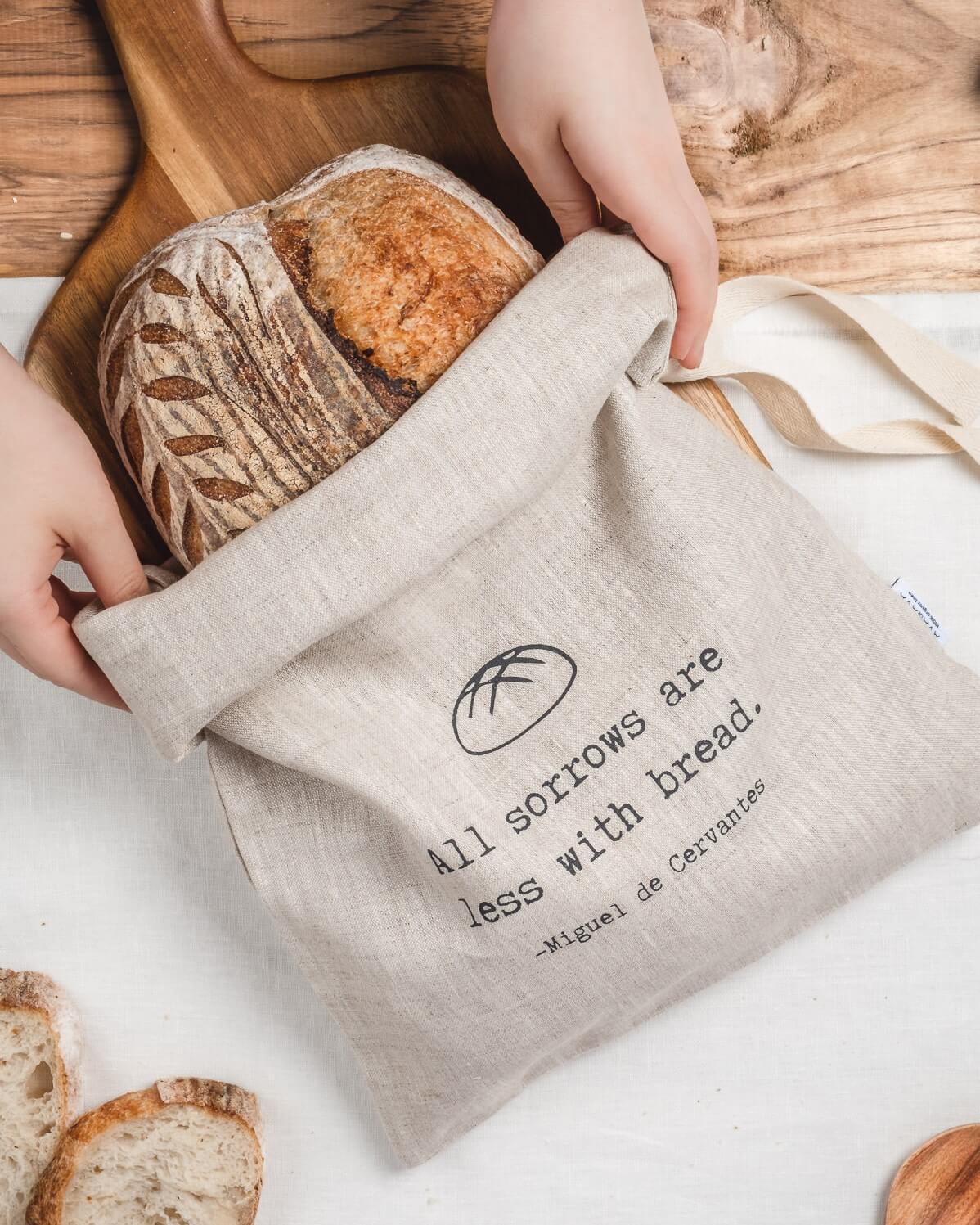What is Food Coma?
It's the sleepy or lethargic feeling after overeating and ingesting too much carbohydrate-rich foods and drinks.
Symptoms
- Feeling sleepy, sluggish, tired, weak
- Feeling shaky & cranky
- Fatigue
- Inability to think clearly
- Bloating
- Gas
- Stomach pain
Causes
- High-carb/sugar foods spikes blood sugar. Your body goes on overdrive to produce insulin to reverse this, leading to a sugar and energy crash.
- Eating (overeating) turns on your rest-and-digest system, so your body "rests" to focus on digesting. Your heart rate slows down, causing sleepiness.
Tips to Beat Food Coma
BEFORE EATING
1 | Get good quality sleep
Apart from impairing decision-making and self-control, sleep deprivation disrupts hormones that control appetite—increasing ghrelin (stimulates hunger) and decreasing leptin (signals fullness). As a result, you crave energy-dense, high-calorie foods more.
Get 7-8 hours of quality sleep nightly, especially before festivities.
2 | Don't skip meals
Don't fast all day in anticipation of a big meal. Extreme hunger leads to overeating. Your blood sugar levels drop, producing hunger pangs that trigger bingeing and cravings.
Have normal, balanced meals, consisting of protein, vegetables and fat, to set the tone of your appetite throughout the day.
3 | Drink water
Thirst often mimics hunger, so we reach out for food when we truly just need water.
Drink a large glass of water to fill you up and ensure those "pangs" weren't really thirst.
WHILE EATING
4 | Eat slowly & mindfully
It takes at least 20 minutes for our stomach to deliver the message of fullness to our brain. Eating slowly not only paces yourself to prevent overeating, but also helps you extract all the flavor, increase sensory satisfaction, and enjoy the conversations around the table.
Chew well and take small bites. Put your cutlery down in between bites. Try to wait 15 minutes before going on seconds and eat only until you're 80% full, not stuffed.
5 | Limit refined carbs and eat fiber, protein & fats first
When you eat too many refined carbs (sugars and processed grains ex. white bread, pasta, rice, sweets), sugar enters your bloodstream rapidly, causing spikes followed by a crash that makes you feel weak, cranky and hungry soon after eating. You crave even more food and overeat.
Don't eat carbs alone. Fiber, protein and fat slow down the digestion of sugar, prevent spikes, and make you feel fuller for longer as they take longer to digest than simple carbs.

To maintain steady glucose levels, eat in the order of vegetables (fiber) > proteins and good fats > carbs/starches /sugars.
6 | Go easy on alcohol
Alcohol is sleep-inducing. The liver has to work hard to digest it instead of focusing on regulating blood sugar. Unbalanced blood sugar levels then make you feel light-headed and sleepy (albeit poorly). Alcohol also inhibits self-control, causing you to eat more and often more indulgently.
Be mindful of your glasses and opt for better choices.
7 | Watch portion sizes
Enjoy foods that are only typically available over the holidays, but keep your usual portions in mind.
Use a small/salad plate. The same amount of food can look more so you perceive that you've eaten more and feel more satiated.
AFTER EATING
8 | Move
10 to 20 minutes of light physical activity after eating allows glucose to be transported from the blood into muscles, reducing sugar spikes.

You can do any exercise – walking, 30 squats, yoga or whatever you like doing.
